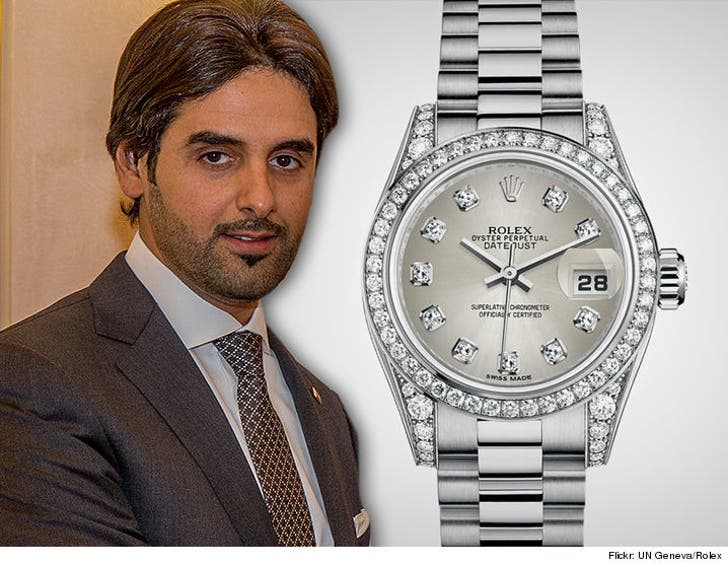


Now we must render due thanksgiving to the Blessed Perfection, for He hath under all circumstances guided Our steps to promulgate His Words amongst mankind. People everywhere listened to the words with great attention, and the Fragrances of the Paradise of Abhá were spread. Let us all remember, we have travelled over many countries and upraised the Flag of Truth over many climes. On the first evening aboard the Baron Call, ‘Abdu'l-Bahá gathers His companions and gives them an important address, imparting to them not only the significance of what has just taken place, His three-year Journeys to the West, but also making them aware of the new chapter that opens before them, as they finally return home: Photographs from the Life of ‘Abdu’l-Bahá.The Centenary of the Ascension of ‘Abdu’l-Bahá.Generally, the study synthesises fragmented knowledge on crime in Lagos in the mid- and late nineteenth century while infusing new information derived from oral tradition, newspapers, and colonial records.The Extraordinary Life of ‘Abdu’l-Bahá – Part VIII: 1913-1921 – The Utterance Project Dynastic violence was the main form of crime in Lagos during the first half of the nineteenth century by the second half, this had given way to theft. It is argued that the outline of crime in early colonial Lagos fits the general pattern of changing crime in pre-modern cities as higher levels of theft and a lower level of violence were recorded as Lagos transformed into a metropolitan centre.

Specifically, the study examines how transformations in the political, social and economic life of Lagos during our period unchained a host of activities that prepared the grounds for the prevalence of theft in Lagos in the first three decades of colonial rule. This article fills this gap by investigating theft in early colonial Lagos. Existing studies on crime in Lagos have concentrated on the twentieth century, leaving previous centuries largely unexplored.


 0 kommentar(er)
0 kommentar(er)
